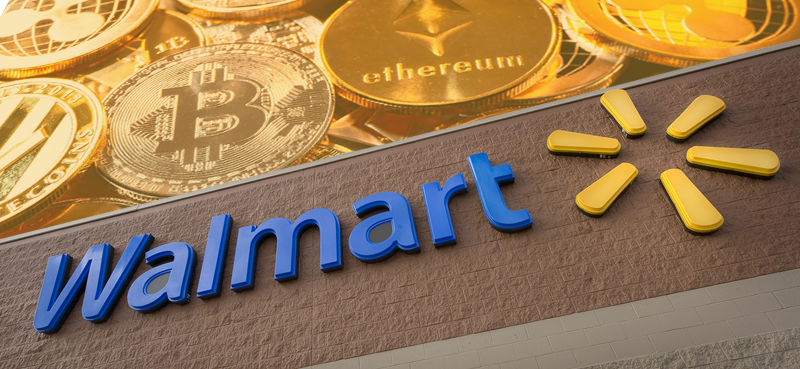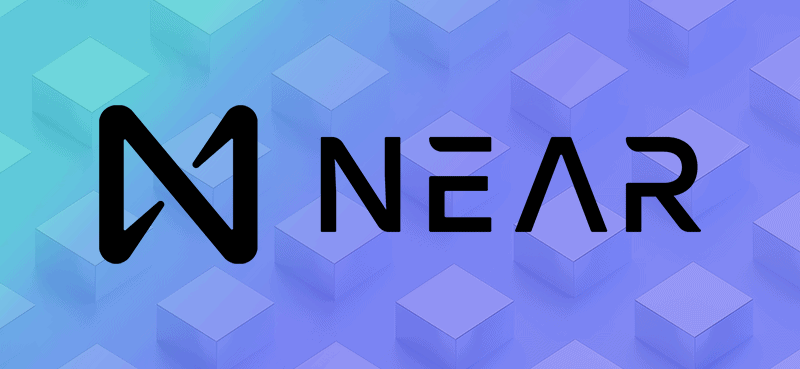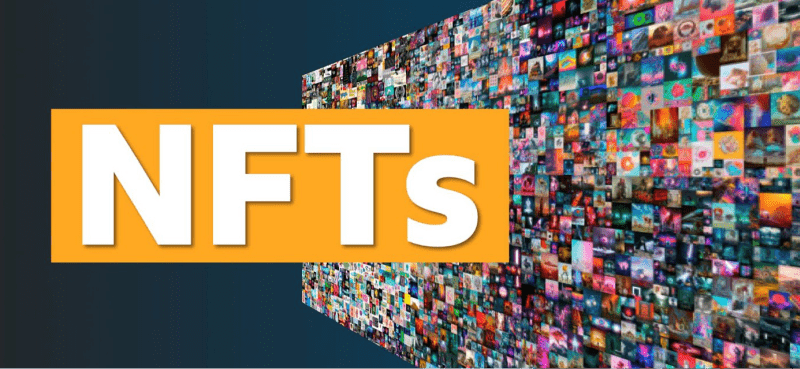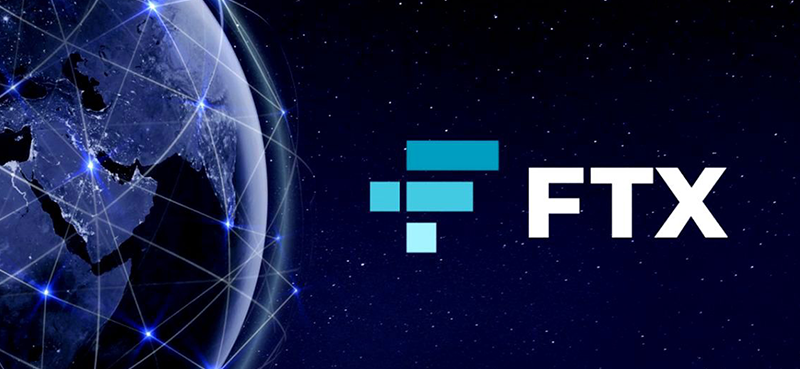The largest retailer in the world just made headlines.
Last Monday, Walmart Global Chief of Technology Suresh Kamar said the company plans to create NFTs inside a metaverse.
But the buzz isn’t just about the metaverse… Walmart also plans to add cryptocurrencies to the list of payment options for its customers.
According to Kamar, crypto “will become an important part of how customers transact… we want to make sure that we make it as friction-free for customers so they are able to drive value out of it.”
In other words, Walmart is in the early stages of adopting crypto for its payment systems… and will be testing its products and transaction systems to be as efficient as possible for its shoppers.
A step forward for Walmart… and crypto adoption
Walmart is the largest brick-and-mortar retailer in the world… and it generates hundreds of billions of dollars every year.
With the addition of crypto transactions, Walmart will help bridge the gap between cryptocurrencies and consumers… and help push crypto into the mainstream. Rather than use cash or card, shoppers can make purchases with their digital wallet… and could earn crypto rewards.
Plus, Walmart will be joining other retailers in the metaverse… and has a chance to become the main superstore that supplies clothing and accessories for players.
(By the way, Frank is giving away FREE metaverse land. Here’s how you can get a piece.)
This week’s top movers |
In other crypto news…
It’s getting easier for big institutions to get exposure to crypto. Fidelity will let its institutional customers trade and invest in Ethereum starting October 28. This access only applies to clients on Fidelity’s Digital Assets platform, which has offered access to Bitcoin since 2018. The asset management giant also recently launched a new Ethereum index fund… and a spokesperson from Fidelity noted, “We have continued to see client demand for exposure to digital assets beyond Bitcoin.”
NFT project Slotie—a gambling platform that operates on the blockchain—was just hit with cease-and-desist orders by four U.S. states that claim the company failed to represent financial documents and give its NFT investors information about the company. Owners of Slotie’s NFTs were promised an equity stake, which never materialized. It doesn’t help that online gambling is illegal in many states… which is why Slotie was investigated in the first place.
Cryptocurrency Solana suffered another blockchain outage. It’s the fourth major outage this year… and investors aren’t too happy about it. An outage happens when a blockchain malfunctions, causing the entire network to freeze… which cancels all active transactions. It’s especially dangerous because users could lose any crypto that was circulating when the outage occurred. Solana’s price has declined 14% since the outage occurred a few weeks ago. Outages on blockchains are usually the result of scheduled maintenance… but Solana blames its problems on coding issues that it’s seeking to resolve.
Last week, the United Kingdom introduced amendments to regulate crypto exchanges and providers. The amendments could extend the country’s financial regulations to cover crypto. If passed, the legislation would allow its parliament to authorize which exchanges and crypto products become available to the public.
In a pivot from its previous stance, popular crypto exchange Kraken said it will comply with the EU’s sanctions by shutting down its services in Russia. For months, the company refused to ban Russian accounts, calling it “unfair” to average Russians who oppose the war in Ukraine. But soon, users in Russia will be totally cut off from Kraken… and will have a limited time to withdraw their funds. It’s unclear how many Russian users Kraken has… or how long they’ll have to withdraw funds.























